With over one trillion dollars of inheritances expected to be passed along over the next decade, taking action to preserve wealth across generations has never been more important.1 Does your estate plan protect this wealth transfer? Here are some considerations:
Preventing Your Estate from Being Contested
It isn’t uncommon for disputes to arise during the estate settlement process, especially for families with complex dynamics. In some cases, these disputes can escalate to litigation. While court battles are not only time consuming and stressful, they can also end up being very costly, which can significantly erode family wealth. Perhaps worst of all, they can tear families apart. The reasons are many, including out dated documentation, poorly drafted documents, poorly chosen executor(s) and lack of communication about estate plans with beneficiaries.
There maybe ways to minimize this risk. Communicating with heirs about your intentions while you are alive can help to prevent surprises. Importantly, estate documents should be drafted using a reputable professional and should include specific instructions to eliminate doubt. Documents should be reviewed and updated as circumstances require. Care should also be taken when choosing an executor(s), as poor actions by executors can lead to litigation.
Helping Beneficiaries Manage a Wealth Transfer
In some cases, beneficiaries may need support to manage wealth. Young beneficiaries or those with disabilities may not be financially responsible; spouses may need help managing assets such as investments or a business. Beneficiaries may also need to be protected against potential current or future creditors, such as business partners, customers or former spouses.
One of the more common tools used to support beneficiaries is a testamentary trust to hold and manage assets for their benefit. This can help to limit access and manage assets by specifying the timing and amount of distributions to be made.
Accounting for Divorce or Blended Family Dynamics
The transfer of family wealth may need to be protected to account for a complex family structure. In some cases, the way in which assets are currently structured may not be meeting your objectives. For instance, having assets jointly held in a current relationship may unintentionally put children from a previous marriage at risk. An unintended division of assets may also occur if a current spouse becomes a primary beneficiary, when assets were intended for children from a previous marriage. In some provinces, a new marriage can potentially revoke an existing will and the instructions leaving assets to children from a previous marriage would be invalidated. As such, the advice of a lawyer who understands complex family structures can ensure that assets are passed along as intended.
If you have the desire to leave a lasting legacy, planning ahead can help protect family wealth. Given our familiarity with your financial position, we can act as a resource. We recommend the support of tax and legal professionals as it relates to your particular situation.
1.financialpost.com/personal-finance/retirement/canadian-inheritances-could-hit-1-trillion-over-the-next-decade-and-both-bequeathers-and-beneficiaries-need-to-be-ready
Disclaimers
Forward-looking statements are based on current expectations, estimates, forecasts and projections based on beliefs and assumptions made by author. These statements involve risks and uncertainties and are not guarantees of future performance or results and no assurance can be given that these estimates and expectations will prove to have been correct, and actual outcomes and results may differ materially from what is expressed, implied or projected in such forward-looking statements.
The opinions expressed in this report are the opinions of the author and readers should not assume they reflect the opinions or recommendations of Echelon Wealth Partners Inc. or its affiliates. Assumptions, opinions and estimates constitute the author’s judgment as of the date of this material and are subject to change without notice. We do not warrant the completeness or accuracy of this material, and it should not be relied upon as such. Before acting on any recommendation, you should consider whether it is suitable for your particular circumstances and, if necessary, seek professional advice. Past performance is not indicative of future results. These estimates and expectations involve risks and uncertainties and are not guarantees of future performance or results and no assurance can be given that these estimates and expectations will prove to have been correct, and actual outcomes and results may differ materially from what is expressed, implied or projected in such forward-looking statements. Echelon Wealth Partners Inc. is a member of the Investment Industry Regulatory Organization of Canada and the Canadian Investor Protection Fund.
Please note that only Ventum Financial is a member of CIPF and regulated by IIROC; Chevron Wealth Preservation Inc. is not. ** Insurance products and services are offered by life insurance licensed advisors through Ventum Insurance Services a wholly owned subsidiary of Ventum Financial Corp.




